Filter by
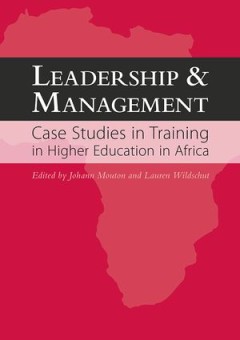
Leadership and Management : Case Studies in Training in Higher Education in A…
There has been a resurgence of interest in training programmes for higher education leaders and management (HELM) at African universities in recent times. Although there have been a few cases of evaluation studies of such programmes in Africa, a more systematic review of the lessons learnt through these programmes has not been done. This book aims to document and reflect on the learnings from i…
- Edition
- -
- ISBN/ISSN
- 9781920677909
- Collation
- 144 halaman
- Series Title
- -
- Call Number
- 370 LEA
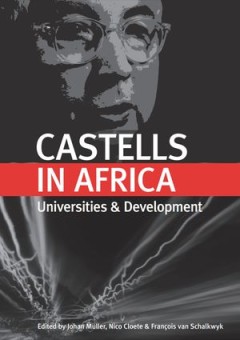
Castells in Africa : Universities and Development
Castells in Africa: Universities and Development collects the papers produced by Manuel Castells on his visits to South Africa, and publishes them in a single volume for the first time. The book also publishes a series of empirically-based papers which together display the multi-faceted and far-sighted scope of his theoretical framework, and its fecundity for fine-grained, detailed empirical in…
- Edition
- -
- ISBN/ISSN
- 9781920677930
- Collation
- -
- Series Title
- -
- Call Number
- 370 MUL c
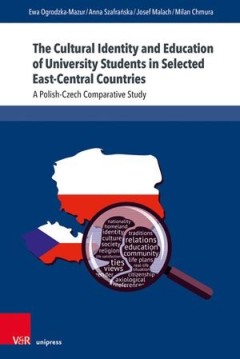
The Cultural Identity and Education of University Students in Selected East-C…
In Polish and Czech pedagogy, there have not been many studies on the social, cultural and educational functioning of academic youth in a culturally diversified environment. The analysis of identity behaviours presented by university students from the Polish-Czech borderland and of their learning potentialities will provide a chance for mutual recognition, understanding and the enrichment of bo…
- Edition
- -
- ISBN/ISSN
- 9780000000773
- Collation
- 238 halaman
- Series Title
- -
- Call Number
- 370 OGR c
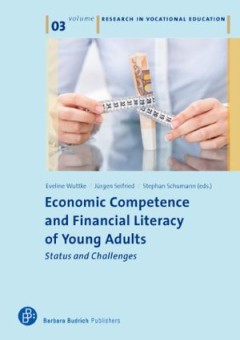
Economic Competence and Financial Literacy of Young Adults : Status and Chall…
The authors take a detailed look at the economic competence and financial literacy of young adults, especially of those who start an apprenticeship or who take up their studies at a university. Economic competence and financial literacy are of special interest within this group, because these young people are – mostly for the fi rst time in their lives – responsible for autonomously managin…
- Edition
- Eveline Wuttke, Jürgen Seifried, Stephan Schumann
- ISBN/ISSN
- 9783847402831
- Collation
- 235 halaman
- Series Title
- Research in Vocational Education volume 3
- Call Number
- 330 WUT e
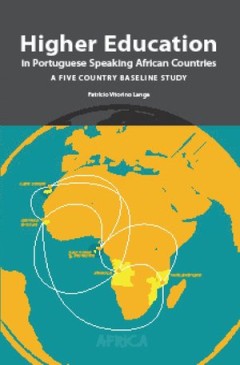
Higher Education in Portuguese Speaking African Countries
This publication is the result of a baseline study of the state of the higher education systems in the five Portuguese speaking countries in Africa (PALOP): Angola, Cape Verde, Guinea-Bissau, Mozambique and Sao Tome and Principe. The project was undertaken by an African international expert in the field of higher education studies and was fully sponsored and supported by the Association for the…
- Edition
- -
- ISBN/ISSN
- 9781920677039
- Collation
- 120 halaman
- Series Title
- -
- Call Number
- 370 LAN h
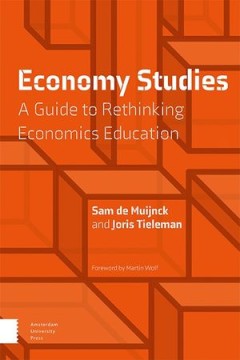
Economy Studies : A Guide to Rethinking Economics Education
The Economy Studies project emerged from the worldwide movement to modernise economics education, spurred on by the global financial crisis of 2008, the climate crisis, and the COVID-19 pandemic. It envisions a wide variety of economics graduates and specialists, equipped with a broad toolkit, enabling them to collectively understand and help tackle the issues the world faces today. This is a p…
- Edition
- -
- ISBN/ISSN
- 9789048552801
- Collation
- 468 halaman
- Series Title
- -
- Call Number
- 370 MUI e
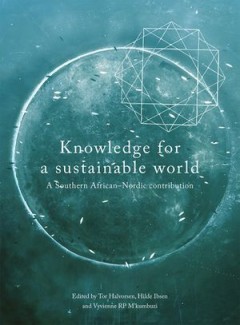
Knowledge for a Sustainable World
The search for answers to the issue of global sustainability has become increasingly urgent. In the context of higher education, many universities and academics are seeking new insights that can shift our dependence on ways of living that rely on the exploitation of so many and the degradation of so much of our planet. This is the vision that drives SANORD and many of the researchers and instit…
- Edition
- -
- ISBN/ISSN
- 9781928331049
- Collation
- 256 halaman
- Series Title
- -
- Call Number
- 370 HAL k
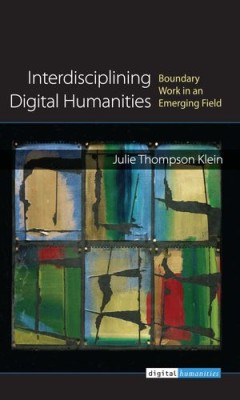
Interdisciplining Digital Humanities : Boundary Work in an Emerging Field
Interdisciplining Digital Humanities sorts through definitions and patterns of practice over roughly sixty-five years of work, providing an overview for specialists and a general audience alike. It is the only book that tests the widespread claim that Digital Humanities is interdisciplinary. By examining the boundary work of constructing, expanding, and sustaining a new field, it depicts both t…
- Edition
- -
- ISBN/ISSN
- 9780472900138
- Collation
- 200 halaman
- Series Title
- Digital Humanities
- Call Number
- 370 KLE i
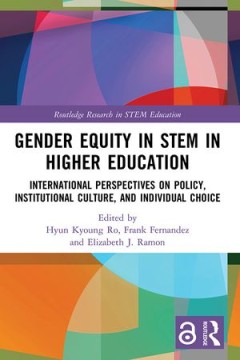
Gender Equity in STEM in Higher Education : International Perspectives on Pol…
This timely volume brings together a range of international scholars to analyse cultural, political, and individual factors which contribute to the continued global issue of female underrepresentation in STEM study and careers. Offering a comparative approach to examining gender equity in STEM fields across countries including the UK, Germany, the United States, Hong Kong, Taiwan, South Africa,…
- Edition
- -
- ISBN/ISSN
- 9781000426748
- Collation
- 254 halaman
- Series Title
- -
- Call Number
- 370 GEN
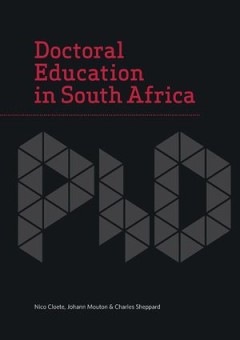
Doctoral Education in South Africa
Worldwide, in Africa and in South Africa, the importance of the doctorate has increased disproportionately in relation to its share of the overall graduate output over the last decade. This heightened attention has not only been concerned with the traditional role of the PhD, namely the provision of a future supply of academics. Rather, it has focused on the increasingly important role that hig…
- Edition
- -
- ISBN/ISSN
- 9781928331070
- Collation
- 296 halaman
- Series Title
- -
- Call Number
- 370 CLO d
 Computer Science, Information & General Works
Computer Science, Information & General Works  Philosophy & Psychology
Philosophy & Psychology  Religion
Religion  Social Sciences
Social Sciences  Language
Language  Pure Science
Pure Science  Applied Sciences
Applied Sciences  Art & Recreation
Art & Recreation  Literature
Literature  History & Geography
History & Geography